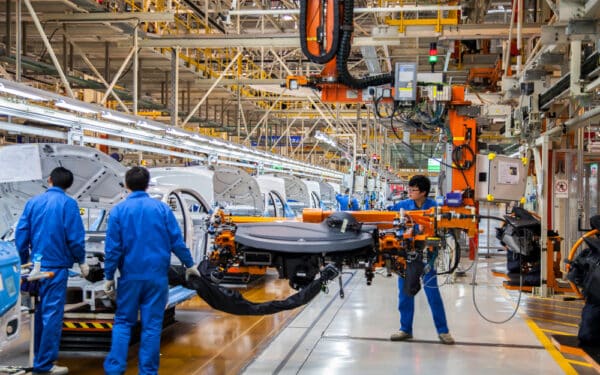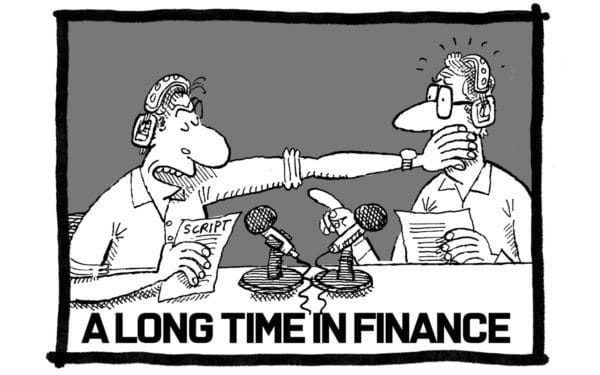The Covid-19 pandemic will deepen existing divergences between EU member states. By the end of 2021, GDP per capita in Spain will be more than 35% below that of Germany, and about 30% lower in Italy.
These are the latest economic forecasts given by the OECD’s chief economist, Laurence Boone, to a group of 40 senior figures from business and the policy field in France, Germany and the UK during a recent webinar organised by the Club of Three.
Boone was joined on the C3 panel by Paul Achleitner, chairman of Deutsche Bank, and UK economist, Lord Turner, for a debate about the impact of the pandemic on Europe and how nations should respond to the challenge.
Her comments follow on from the Paris-based organisations forecasts earlier this month which predicted that world GDP will contract by between 6% and 7.5% this year, and that across the eurozone area GDP could drop by up to 11.5%.
Although the size of the aid packages – both at national and EU level – is remarkably large, there is now widespread expectation that more public support will be needed as even with the anticipated recovery will still leave GDP level 10% below that of 2019.
It is also expected that the next rescue effort will be targeted at specific areas of the economy as the Covid-19 impact on face-to-face sectors such as real estate, food services, and arts and entertainment is set to linger.
Much has been said about the way this pandemic is going to change the way we operate as societies. One important issue raised during the G3 discussion was that, rather than being a game changer, Covid-19 would lead to an acceleration of ongoing structural changes, especially digitalisation.
As the British economist Adair Turner noted, the need to maintain social distancing in the workplace and to monitor employees’ health is going to increase labour costs relative to the cost of robots. This will be likely to prompt some businesses to bring forward automation plans.
Intensifying digitalisation was seen as a potential risk to major employment basins such as the hospitality and tourism sectors which had so far largely compensated jobs lost to automation in the manufacturing sector.
For Paul Achleitner, Deutsche chairman, focusing on quality of life could give Europe a competitive advantage. Indeed, panellists agreed that there are also opportunities for deep transformation of our societies. Unlike in past decades when people had to live relatively close to where jobs were based, digitalisation and the growing acceptability of remote working post-Covid mean that work is now more likely to relocate according where people want to live.
The new environment shaped by Covid-19 presents a major opportunity for the energy transition, some participants noted. More than ever, this is the right time to take advantage of low capital costs by unleashing very high investment in the electrification of the transport system and development of battery technologies.
On a positive note, governments can look forward to borrowing money very cheaply, making very large public deficits fairly affordable. At the macroeconomic level, Europe is entering a period of increased “Japanification”, with sustained and structurally low interest rates and quasi permanent quantitative easing measures by the European Central Bank.




